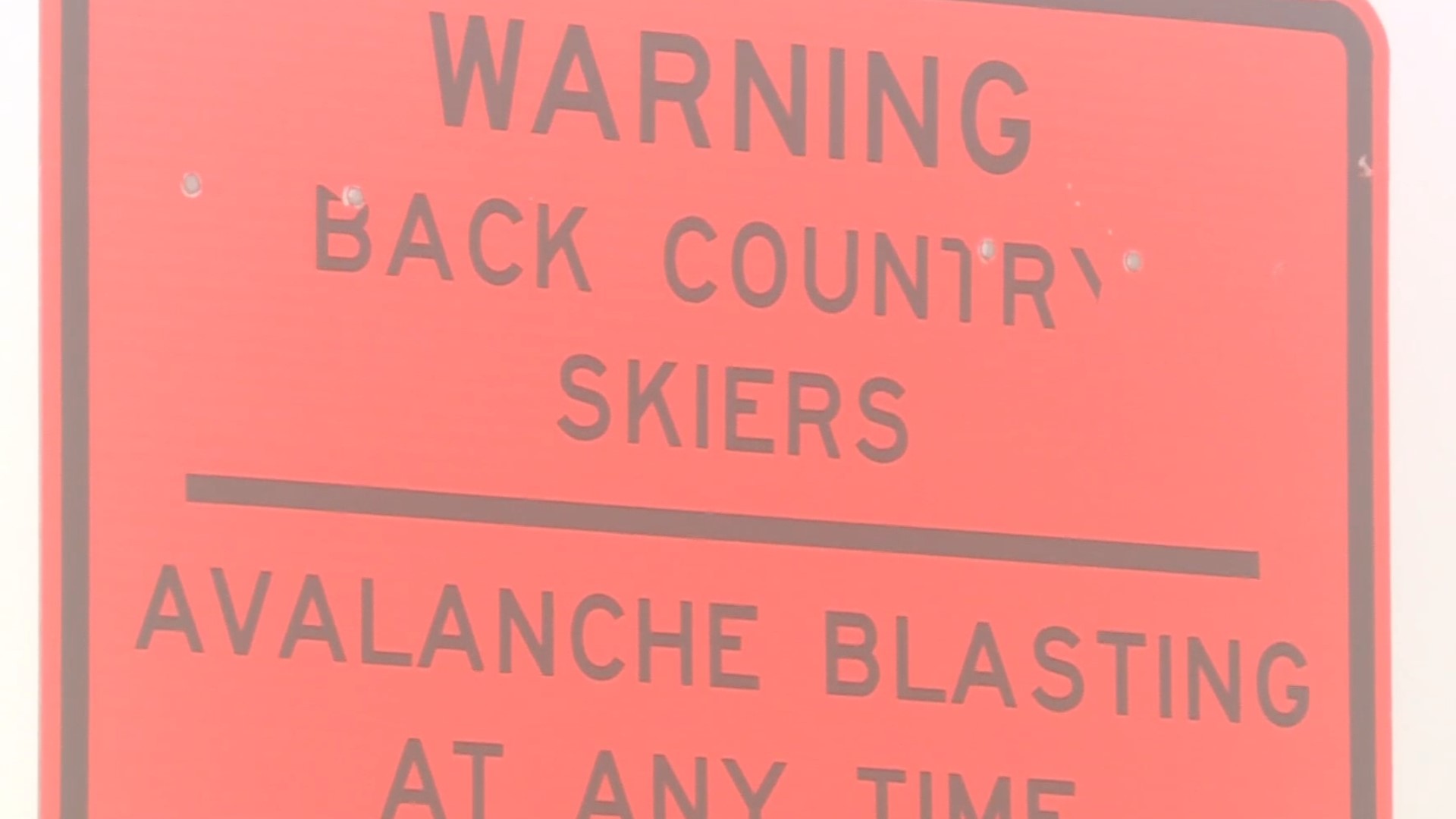GRAND COUNTY, Colo. — The Colorado Avalanche Information Center (CAIC) issued a special avalanche advisory through 4:30 p.m. Sunday after an eight-day storm cycle dumped three to five feet of snow on most of the state's mountain peaks.
"The avalanche danger was higher during the actual storm, but the conditions were so bad that not many people were getting out in it," said Jason Konigsberg, a forecaster with CAIC. “Now, as the weather’s getting better, we’re worried that people are going to take more risks, and now’s not the time to do it. Avalanches can be deadly.”
He said all the new snow from the recent storm cycle is now sitting on top of a layer of snow that’s very weak. The long dry spell before the polar vortex transformed the chemistry of the snow crystals.
“It's kind of sugary. Real loose," Konigsberg said. "And when you stack a big slab of snow on top of it, that weaker layer can’t take it, and it collapses and we get avalanches."
He said the temperature gradient in the upper layer of the snowpack undergoes these changes, especially on clear nights like there were frequently in December. Additionally, the crystal transformation gets worse each day that no new snow falls on top.
The avalanche hazard level is forecast to remain considerable throughout the weekend, which is a level three threat on a scale of five. But Konigsberg said most avalanche fatalities in Colorado happen when the sun comes out after a storm and the hazard level drops to considerably — just like this weekend.
RELATED: Colorado recorded 800 avalanches in a few days, and it's 'only a fraction' of the full number
He said there are plenty of safe and fun conditions to enjoy what's really the first big powder weekend of the winter. Just get the forecast, get the right safety gear and stay off slopes steeper than 30 degrees for a few days.
“A lot of these slopes are just hanging in the balance right now, waiting for a trigger — which could be us,” Konigsberg said.
He said it's actually a good sign that more than 800 avalanches have been observed in Colorado over the last few days because that is the fastest way to naturally resolve the old, weak layer of snow. Otherwise, it could take several weeks to completely cure the snowpack layers.
SUGGESTED VIDEOS: Colorado Climate

